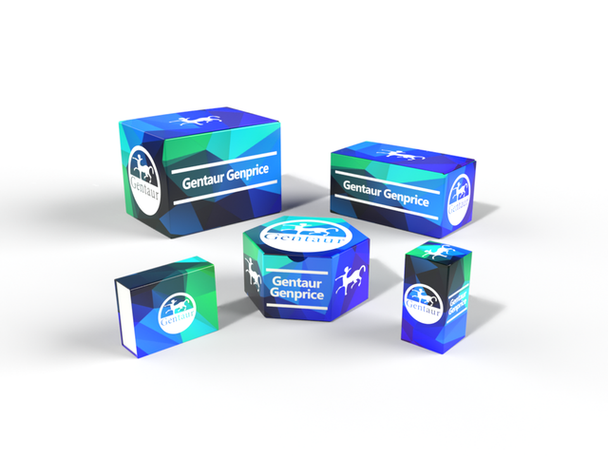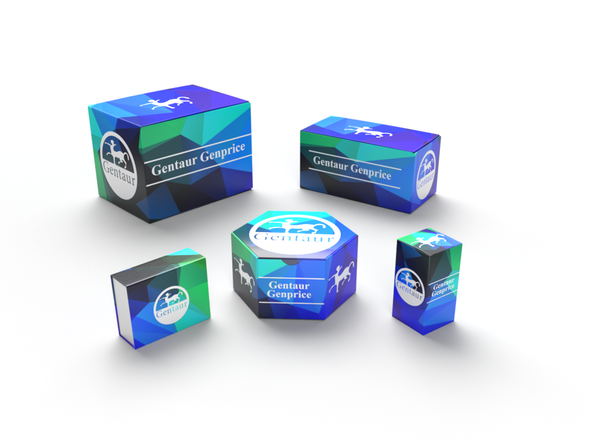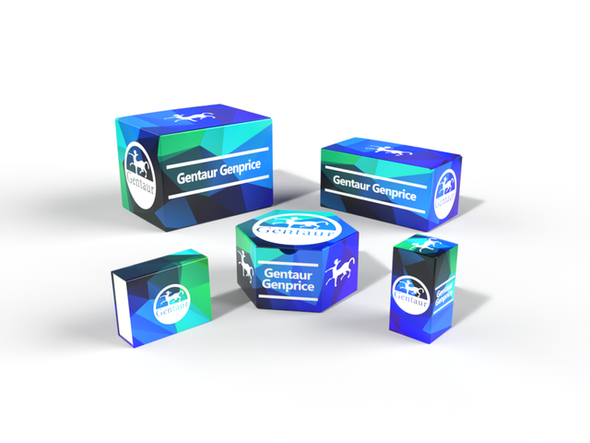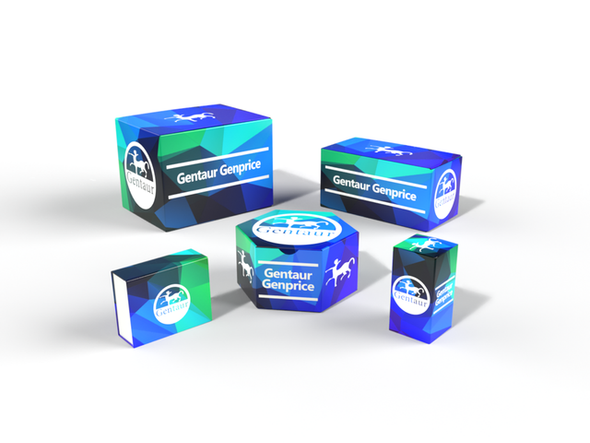740
Guinea pig Calcitonin (CALCA) ELISA Kit | AE63363GU
- SKU:
- 740-AE63363GU
- Availability:
- Usually ships in 5 working days
Description
Guinea pig Calcitonin (CALCA) ELISA Kit | AE63363GU | Gentaur UK, US & Europe Distribution
Species Reactivity: Guinea pig (Cavia)
Abbreviation: CALCA
Alternative Name: CALC1; CGRP; CGRP-I; CGRP1; CT; KC; MGC126648; calcitonin 1|calcitonin gene-related peptide 1|calcitonin/calcitonin-related polypeptide; alpha|katacalcin
Application: ELISA
Range: Request Information
Sensitivity: Request Information
Intra-Assay: ≤4.5%
Inter-Assay: ≤8.6%
Recovery: 0, 99
Sample Type: Serum, Plasma, Other biological fluids
Detection Method: Sandwich
Analysis Method : Quantitive
Test Principale: This assay employs a two-site sandwich ELISA to quantitate CALCA in samples. An antibody specific for CALCA has been pre-coated onto a microplate. Standards and samples are pipetted into the wells and anyCALCA present is bound by the immobilized antibody. After removing any unbound substances, a biotin-conjugated antibody specific for CALCA is added to the wells. After washing, Streptavidin conjugated Horseradish Peroxidase (HRP) is added to the wells. Following a wash to remove any unbound avidin-enzyme reagent, a substrate solution is added to the wells and color develops in proportion to the amount of CALCA bound in the initial step. The color development is stopped and the intensity of the color is measured.
Product Overview: The most prominent clinical syndrome associated with a disordered hypersecretion of Calcitonin is medullary carcinoma of the thyroid (MTC) . MTC is a tumor of the Calcitonin producing C-cells of the thyroid gland. Although MTC is rare, comprising 5 - 10% of all thyroid cancer, it is often fatal. It may occur sporadically or in a familial form that is transmitted as an autosomal dominant trait. MTC has great clinical importance because of its familial distribution. Further, it leant itself to be diagnosed early by serum Calcitonin and total cure for early sub-clinical disease is possible1. This is frequently associated with other clinical features and it has good potential for cure with surgery. Although a rare tumor, it can occur in a familial pattern1 as a Type II multiple endocrine neoplasia.
Stability: The stability of ELISA kit is determined by the loss rate of activity. The loss rate of this kit is less than 5% within the expiration date under appropriate storage condition. The loss rate was determined by accelerated thermal degradation test. Keep the kit at 37°C for 4 and 7 days, and compare O.D.values of the kit kept at 37°C with that of at recommended temperature. (referring from China Biological Products Standard, which was calculated by the Arrhenius equation. For ELISA kit, 4 days storage at 37°C can be considered as 6 months at 2 - 8°C, which means 7 days at 37°C equaling 12 months at 2 - 8°C) .






